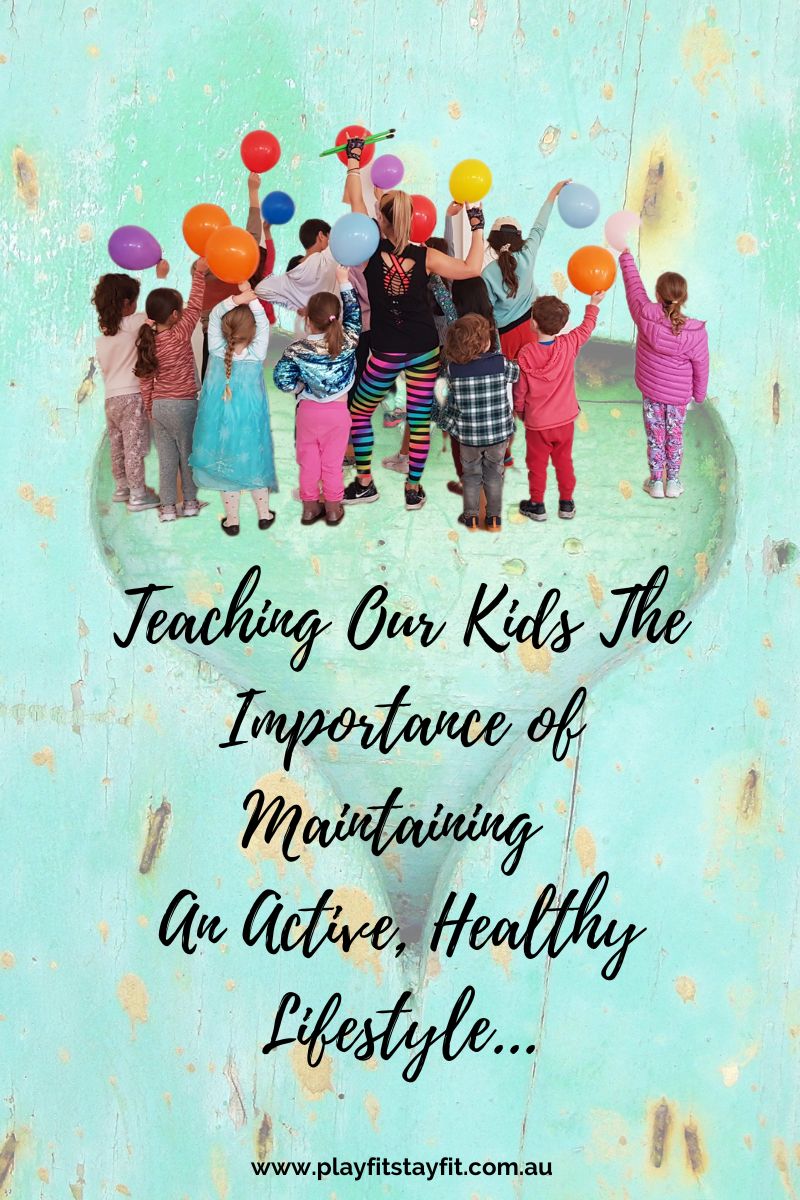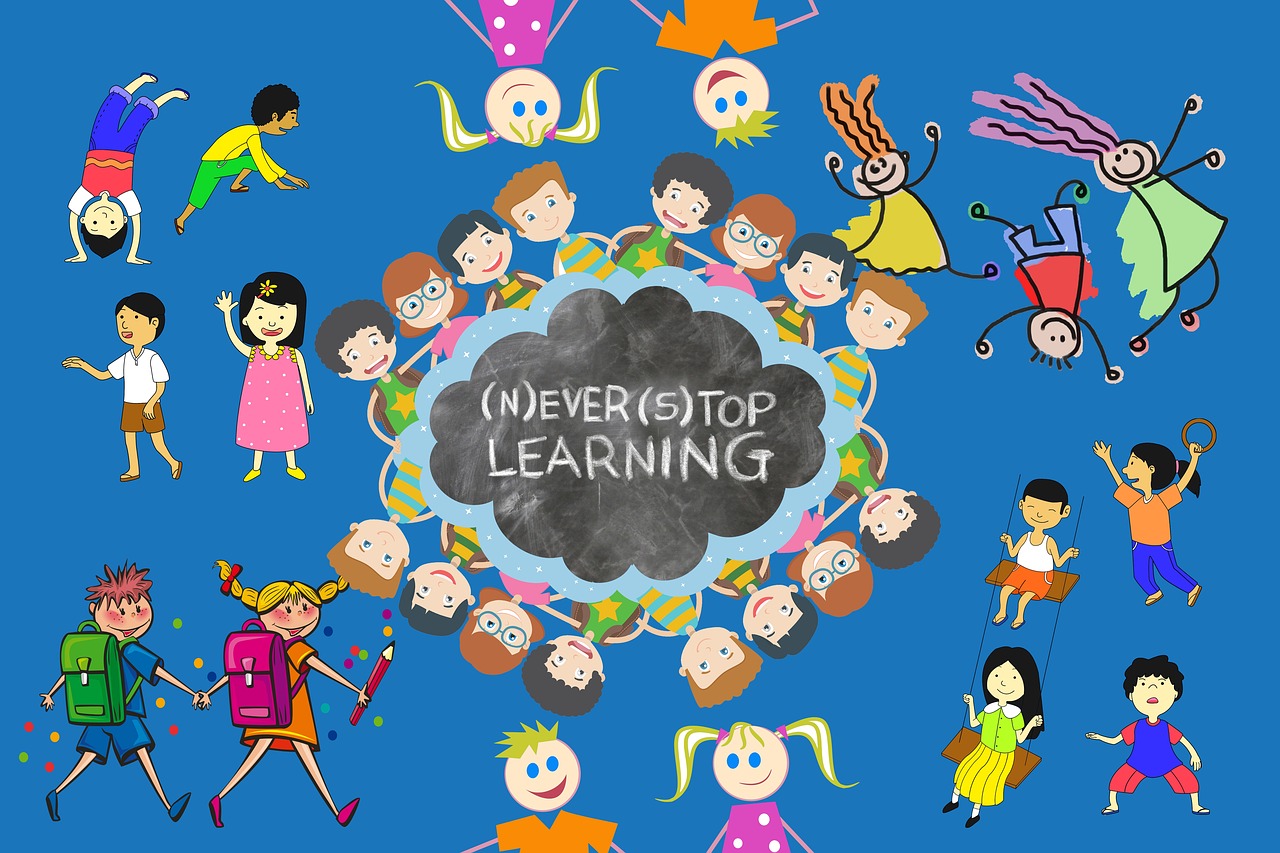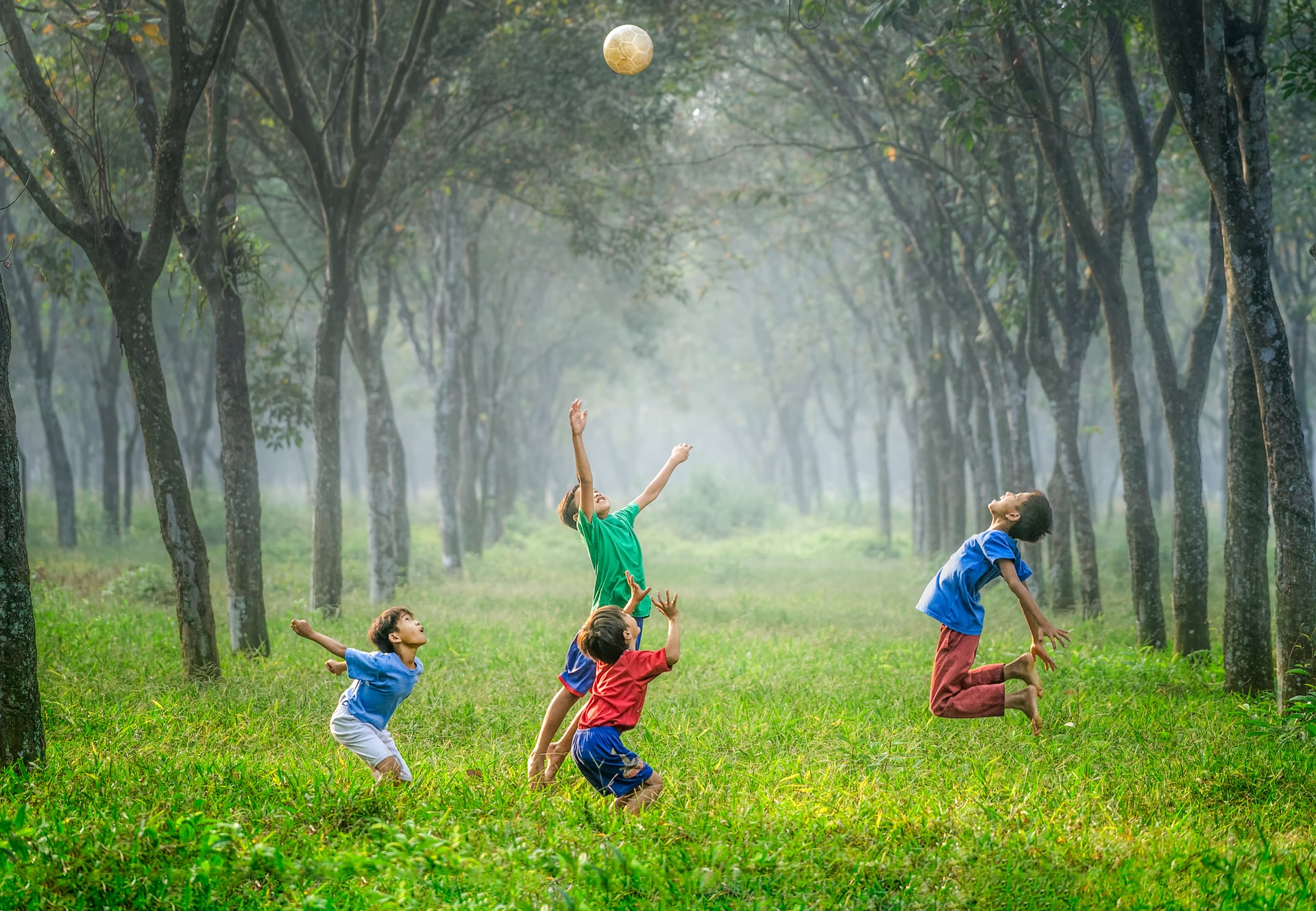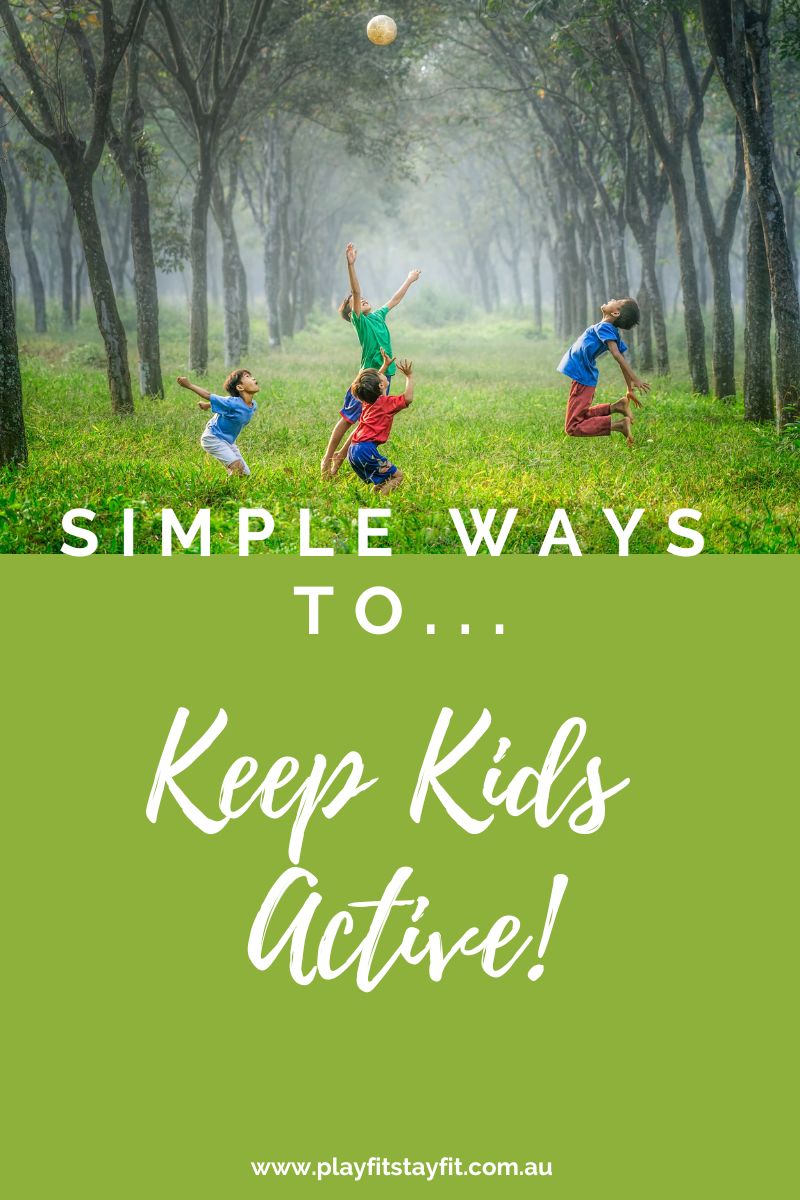5 Essential Life Skills To Teach Your Kids
As a parent, you want to do everything to help your child succeed in life. One of the best things you can teach them is important life skills. These skills will help them handle difficult situations and make excellent decisions throughout their lives.
Here Are Five Essential Life Skills That Every Child Should Know:
1. How To Handle Money
This includes budgeting, saving, and spending. You need to manage your money wisely in order to succeed in life. Consider these tips for teaching your kids how to handle money:
- Encourage them to save up for things they want. You can also give them an allowance and teach them to spend and budget wisely.
- Help them understand the value of money by showing them how much many things cost. Also, encourage them to think about creative and honest ways to earn extra money for themselves.
2. How To Be Responsible For Their Actions And Decisions
This is an important skill for dealing with difficult situations. It’s also essential for making excellent decisions throughout their lives. Some practical ways to teach them about accountability include:
- Help them understand that there are consequences for their actions.
- Encourage them to take responsibility for their own decisions. Also, teach them to think about how their actions will affect others.
- Lead by example and take responsibility for choices and actions.
3. How To Deal With Difficult Situations And Emotions
This is an important skill for dealing with stress, anxiety, and other challenges in life. It’s also essential for maintaining healthy relationships.
- Help them understand their feelings by labeling emotions. Encourage them to express their feelings in healthy ways.
- Teach them how to problem-solve and find positive solutions. Also, provide support and understanding when they’re going through tough times.
- Encourage them to talk to you or another trusted adult about their problems.
- Model healthy coping mechanisms such as deep breathing and positive self-talk.
4. How To Get Along With Others And Work Together
This is an important skill for dealing with conflict, building relationships, and working effectively in a team. Some tips for teaching your kids to get along with others include:
- Encourage them to listen to others and share their ideas.
- Teach them how to compromise and resolve conflicts.
- Encourage them to cooperate with others and work together towards a common goal.
- Also, praise them when they display positive social behaviors.
- They can practice these skills through group activities and sports.
5. How To Stay Mentally And Physically Healthy
This is an essential skill for maintaining a healthy lifestyle and preventing illness. It’s also necessary for managing stress and emotions.
- Encourage your kids to eat healthy foods and exercise regularly. Help them understand the importance of getting enough sleep.
- Teach them how to deal with stress in healthy ways.
- Also, encourage them to talk to you or another trusted adult about their feelings.
- Teach your kids how to practice good hygiene by demonstrating how to shower properly and clean up their surroundings to maintain a clean and sanitary environment.
- Allow them to take part in sports and group activities.
Just Before We End Off…
These are five of the most important life skills that every child should know. By teaching your kids these skills, you’ll help them handle difficult situations and make excellent decisions throughout their lives. Also, you’ll set them up for success in their future endeavors.
Teaching them how to handle money, be responsible for their actions, deal with difficult emotions, get along with others, and stay physically and mentally healthy are essential life skills that will benefit them in the long run. So start teaching them today!
Pin to Pinterest:
Pin to Pinterest so that other mums and dads can teach their kids these 5 Essential Life Skills.








